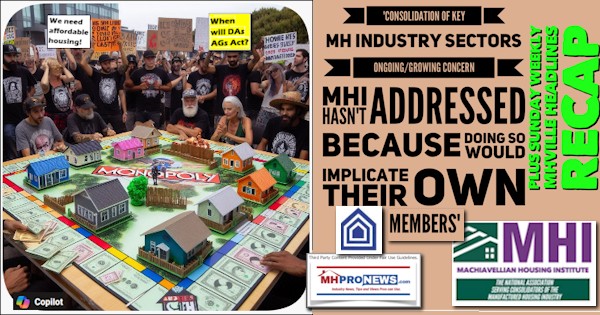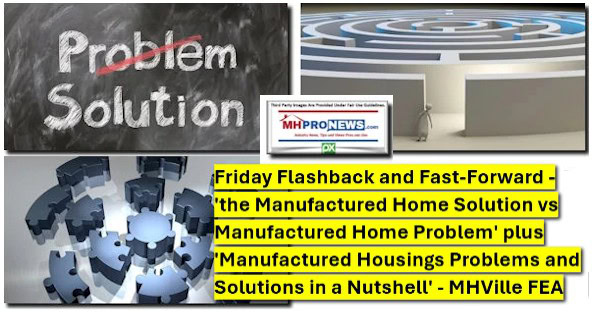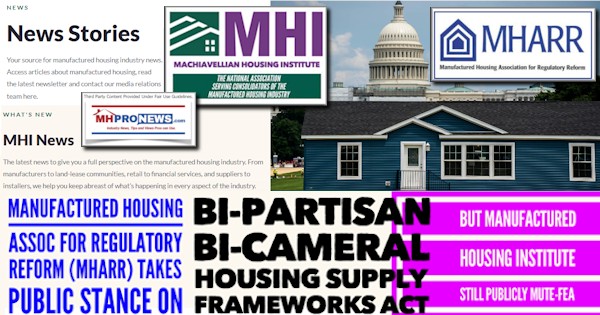 The Texas Department of Housing and Community Affairs (TDHCA) Manufactured Housing Division (MHD) executive director, Joe A. Garcia, addressed the Texas Manufactured Housing Association (TMHA) annual meeting this morning in Fort Worth. Garcia praised the TMHA for the low incident of complaints from consumers, and the high level of legal compliance among association members. Garcia shared statistics that showed that 36% of consumer complaints are often resolved in less than 30 days. This, he said, was “unheard of” among regulatory agencies that deal with complaints and speaks well of the manufactured housing industry in Texas. “The key is good communications. Here is what the law says, so if it needs fixing, go fix it.” Garcia said. He noted that new training tools and other resources were becoming available online, adding that if professionals needed help, just call and the agency would assist. The MHD of the Texas Department of Housing and Community Affairs (TDHCA) was paperless; documents get scanned and are thus readily available. Garcia noted that there was not a lot of changes in the law in Texas. This, he suggested, was due to the Industry serving the public well, because new laws are often proposed when consumers get upset about an issue, and find a legislator to champion a remedy. If there are few issues, then no legal remedies are sought. The ease between Garcia and TMHA Executive Director DJ Pendleton sent the clear but unspoken message that the industry association and the regulatory agency had a good, solid working relationship with each other.
The Texas Department of Housing and Community Affairs (TDHCA) Manufactured Housing Division (MHD) executive director, Joe A. Garcia, addressed the Texas Manufactured Housing Association (TMHA) annual meeting this morning in Fort Worth. Garcia praised the TMHA for the low incident of complaints from consumers, and the high level of legal compliance among association members. Garcia shared statistics that showed that 36% of consumer complaints are often resolved in less than 30 days. This, he said, was “unheard of” among regulatory agencies that deal with complaints and speaks well of the manufactured housing industry in Texas. “The key is good communications. Here is what the law says, so if it needs fixing, go fix it.” Garcia said. He noted that new training tools and other resources were becoming available online, adding that if professionals needed help, just call and the agency would assist. The MHD of the Texas Department of Housing and Community Affairs (TDHCA) was paperless; documents get scanned and are thus readily available. Garcia noted that there was not a lot of changes in the law in Texas. This, he suggested, was due to the Industry serving the public well, because new laws are often proposed when consumers get upset about an issue, and find a legislator to champion a remedy. If there are few issues, then no legal remedies are sought. The ease between Garcia and TMHA Executive Director DJ Pendleton sent the clear but unspoken message that the industry association and the regulatory agency had a good, solid working relationship with each other.
When MHProNews.com asked, what does Garcia’s office “…do when a county or local jurisdiction attempts to supersede state or federal law with a local ordinance that discriminates or restricts against Manufactured Housing?” Garcia explained they have “no jurisdiction per se over local jurisdictions.” However, he or his staff will let the local county or city know what the Manufactured Housing Division attorney’s interpretation of a matter is, when it appears they are encroaching on state or federal law. Should “a party that contacted us (TDHC’s MHD) ask for that interpretation” if called into court, their agency would be compelled to share that interpretation. This often leads local authorities to reevaluate and “back off,” and thus comply with the state or federal law in question, be it preemptive status, zoning, installation standards, etc. Garcia added that often local jurisdictions are simply unaware of the federal or state laws that govern such issues.
(photo credit: MHProNews.com)

























